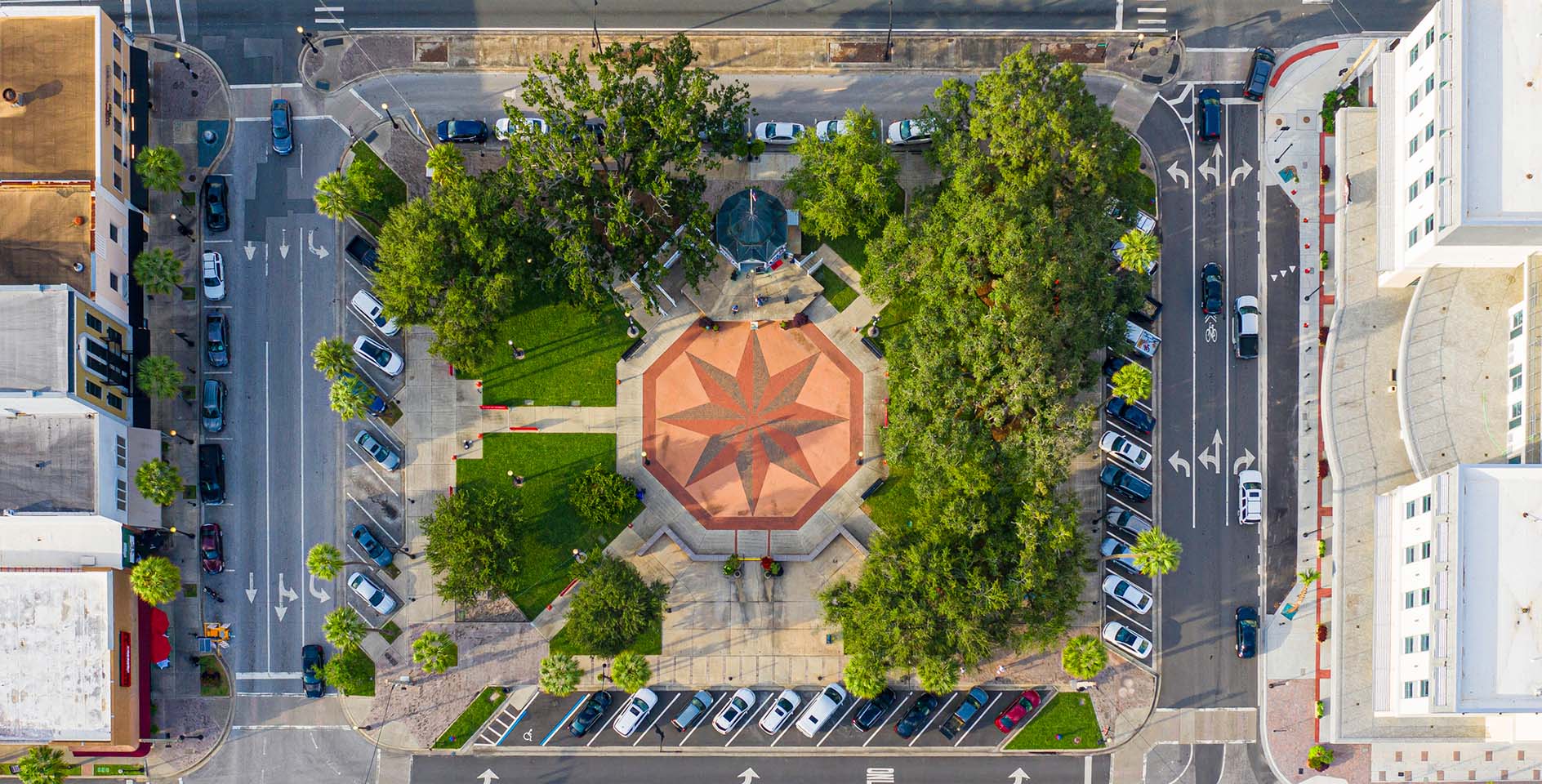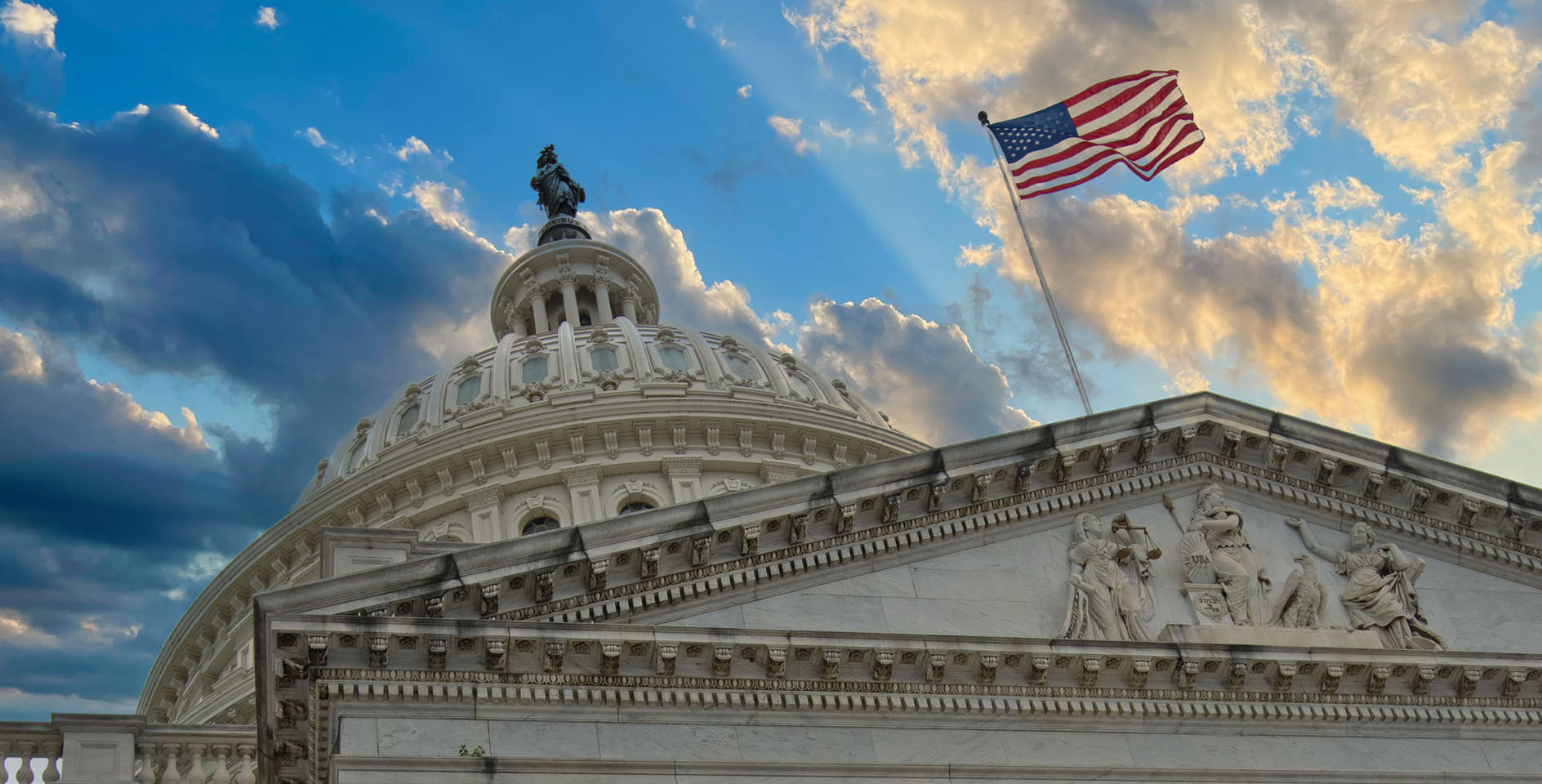Editor’s note: This article was originally from Russell Moore’s newsletter. Keep up with the latest updates by signing up here.
A friend has taken to texting me every day, “Nine more days,” ”Eight more days.” He’s referring, of course, to the countdown to Election Day 2020. His point is that 2020 is exhausting enough—with pandemics and crises of all sorts—without the way that election year causes people to go crazy—with either zeal or neurosis. My Mississippi upbringing taught me to be too polite to scare him by blessing his heart that he thinks all this will be over after the voting stops. In this moment in America, it seems that, with apologies to the Psalmist and to the Apostle Peter, an election day is as a thousand years.
Many people are exhausted by all of this. Some are at the point of despair about some sectors of the church seemingly equating Christianity with some political platform or set of personalities. I spend much of every day encouraging people not to give up on the church because of some of the things they have seen that prompt them toward cynicism. But even beyond that, many people—probably most people—are just exhausted by the all-consuming nature of politics at this moment of American life. As one person said to me, “Everywhere I go, this is all it is—politics all the way down—whether I’m in church, at school, at work, everywhere. This is not a healthy way to live.”
In his book Why It’s Ok to Ignore Politics, political scientist Christopher Freiman calls this the “monopolization of our identity by politics.” While I don’t agree with much of what Freiman prescribes as the antidote, his diagnosis of the problem is largely correct. In our time, he argues, politics is rarely about how we cooperate to solve civic problems and is more about the expression of one’s entire identity. Politics now is about whether you prefer Walmart or Whole Foods, whether you prefer NASCAR or soccer, whether you drive a Prius or a truck, and on and on. Sadly, it also tends to track whether you will wear a mask to your store or whether you think the whole thing is a hoax. There are all sorts of problems with this kind of totalizing political identity, and only one of them is that it is exhausting.
This exhaustion is partly because we are expected, in our political identities, to be defined not by what we love, but by whom we hate. These partisan identities, Freiman notes, “are increasingly anchored to hatred of the out-party rather than affection for the in-party.” He writes, “We hate the other team more than we like our team. Why? We need to ramp up our animosity to the out party to rationalize our continued dedication to our own party despite its obvious shortcomings. (‘I know my party can be spineless and ineffective but I’ve got to stick with them because the other side is downright evil.’).” That’s why not just every election, but every political conversation is so often posed in apocalyptic terms of existential threat.
The problem, of course, is that usually even the people speaking so apocalyptically don’t really believe it to be such. That’s why so many morph their positions—that previously were “light versus darkness”—into the exact opposite positions based on what their political “tribes” are doing at the moment. What it takes to be a “real conservative” or a “real progressive” tomorrow is often the mirror-image of what it is today. And that’s true too for those who would ignore the Galatian warnings to mandate what cultural or political stances are necessary to be a “real Christian.”
The issues one would need to be in the “tribe” (whatever tribe it is) one year might well be deemed as irrelevant in the next. The cultural degradations one would denounce loudly, right along with the rest of the herd, in one year might be acceptable in another, just depending on the personalities and pet sins or injustices of one’s “side.”
This sort of identity protection leads to the kind of constant vigilance that is exhausting. It leads, ultimately, not to the development of civic engagement and coherent political philosophies, but to the reverse—to the sort of “burned over districts” that would be left in the wake of religious “revivals” that were defined not by the gospel and the ordinary patterns of sanctification but by endless enthusiasms and spectacular experiences of ecstasy.
So how do we “fix” this? Well, in one sense, we can’t. When a pastor asks me how to deal with divisions in his church leading up to the election, my response is to say, “Well, you can’t do that in a week; you can work toward preparing for election year 2028, but election year 2020 is like starlight—you are seeing the effects of something that travelled light years to get here, and may not even be there anymore.”
Grounding our identity in the Kingdom
But, while you can’t fix American culture or American “evangelicalism” (whatever that is), you can attend to your own life and psyche. And you can do that by paying careful attention to where you ground your ultimate identity, your ultimate belonging.
Years ago, I was talking to a man I respect as a keen observer of culture about adolescents and the particular challenges of Christian teenagers. “The fundamental question for adolescents,” this man said, “is what they mean, first, when they say the word ‘we.’” He was not arguing that there should be one definition for the word “we” for adolescents, but that the crucial thing was what definition came first when they thought of the word.
“If by ‘we’ they mean first their generational cohort or their economic class or their popular culture preferences or their similarly accomplished peers in academics or sports or popularity, they are going to have trouble,” he said. “If they think, before all of those things, of ‘we’ as the communion of saints, the Body of Christ held together by the Word of God on earth and in heaven, then they will thrive. It’s our job to help them get that first ‘We’ right.”
If we find our identities, first, in Christ, if we seek first the kingdom of God and his righteousness, if we fix our minds on our standing at the Judgment Seat of Christ, rather than all of the little judgment seats around us, we will be freed to have a certain distance from the calls to identity all around us.
The more I think of that conversation the more I realize it’s not just about adolescents but about all of us. If we find our identities, first, in Christ, if we seek first the kingdom of God and his righteousness, if we fix our minds on our standing at the Judgment Seat of Christ, rather than all of the little judgment seats around us, we will be freed to have a certain distance from the calls to identity all around us. That doesn’t necessarily lead to disengagement but to the right kind of engagement—an engagement that is able to be consistent and coherent because it doesn’t see every herd as protection from an existential threat.
Freiman says that part of the reason politics has swallowed everything is that we have fewer and fewer of what he calls “cross-cutters” in American life. He defines this “cross-cutting” sort of identity as “people whose partisan identities do not align with their other social identities in the standard pattern (picture a Prius-driving Unitarian Republican who regularly attends vegan cooking classes).” Because these people have their identities not all bound up in one temporal thing or another, he argues, they are “less hostile to out-party members and less likely to get angry about politics. But as these ‘cross-cutters’ grow scarce, politics gets bloodier.”
Whatever the truth of that sociological claim, we can certainly affirm a different sort of “cross-cutting”—and that is those whose identities are formed first by an actual cross—by Christ and him crucified (Gal. 2:20). If this is the case—and our lives are in the context of eternity—we need not worry about whether we are politically “homeless.” Only those with no Home are frantic to find one. We will not be crushed when we see people who agree with us on some things disagree with us on others. And we won’t be terrified when we find people who disagree with us on most things agree with us on something—for fear that we will be accused of “disloyalty.”
And we can be freed from the emotional expectations of political identities of various sorts, which are posed in terms of exuberant triumph (“We won!”) or apocalyptic despair (“We are about to lose our entire society!”). Both the exuberance and the despair are exhausting and, even worse, either can be used to justify all sorts of things we never thought we would affirm, or things we never imagined we would deny.
A Kingdom-first sense of identity and mission is a first step toward the freedom to love neighbor without checking first whether the neighbor is approved by the bosses to be lovable. And a Kingdom-first sense of identity and mission is the first step to declaring independence from the kind of culture where it’s always Election Day, and never Easter.










